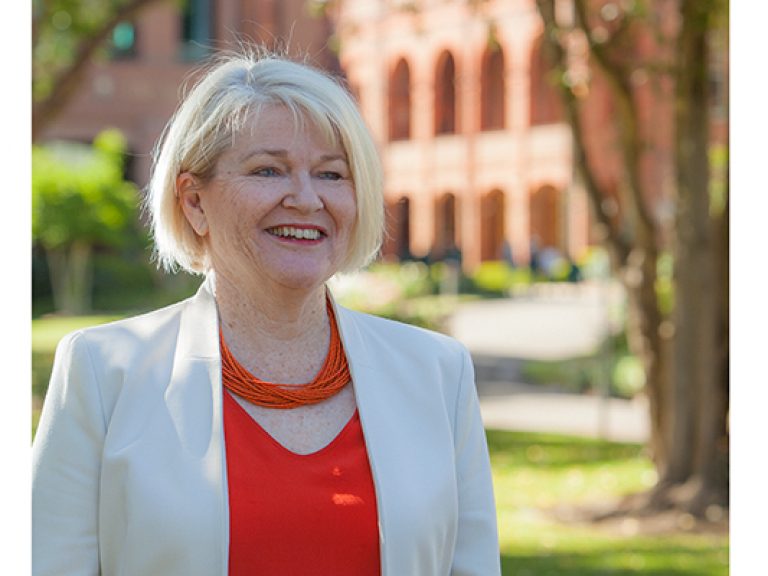Santa Sabina College is proudly student-centred in its approach to teaching and learning. This is not new but indeed has been a characteristic for generations of Dominican students. They are at the centre of our thinking, planning and practices.
But what does student-centred education actually mean? There are many critics who decry so-called ‘child-centred’ approaches as a ‘soft option’, an abandonment of professional responsibilities, or surrendering of teacher expertise. On the other hand, some advocates of student-centred teaching insist on downplaying the importance of the teacher. The metaphor of the teacher as ‘sage on the stage’ is replaced with the idea of the teacher as the ‘guide on the side’. This idea of student-centred learning often exempts the word ‘teaching’ from the vocabulary, and insists instead upon words like ‘facilitator’.
However in a genuinely student-centred approach to education, teacher expertise is more important than ever. The teacher, or group of teachers, needs to identify the varying needs and levels of capacity of their students, and shape their teaching accordingly. The teacher needs to be agile in moving from very direct and explicit instruction when needed, to designing engaging and appropriate individual and group learning. Students can co-create their learning with teachers who know them well, and inspire them to achieve more than they believe they can.
When evaluating the success of the Boys’ Lighthouse Project, Professor Peter Cuttance dismissed, for example, that all boys needed a more structured approach than girls to teaching and learning. He talked instead about ‘novice’ learners – boys and girls – and those who had less ‘executive’ management – that is, ability to control impulses and attention. ‘Two important groups of individuals benefit substantially from high levels of scaffolding (support) – learners who are novices in the field in which they are learning and learners who have weak or under-developed skills in the executive management of their own learning’ (Cuttance, P. Boys’ Education Lighthouse Schools Stage Two Final Report 2008, p.14).
Our Santa Speaks’ forum next Wednesday with Professor Andrew Martin and Mrs Karen Carey will address the engagement of students in their own learning. Both are great advocates for the role of the ‘expert’ teacher who knows his/her students and engages them to achieve their personal best.
Dr Maree Herrett



